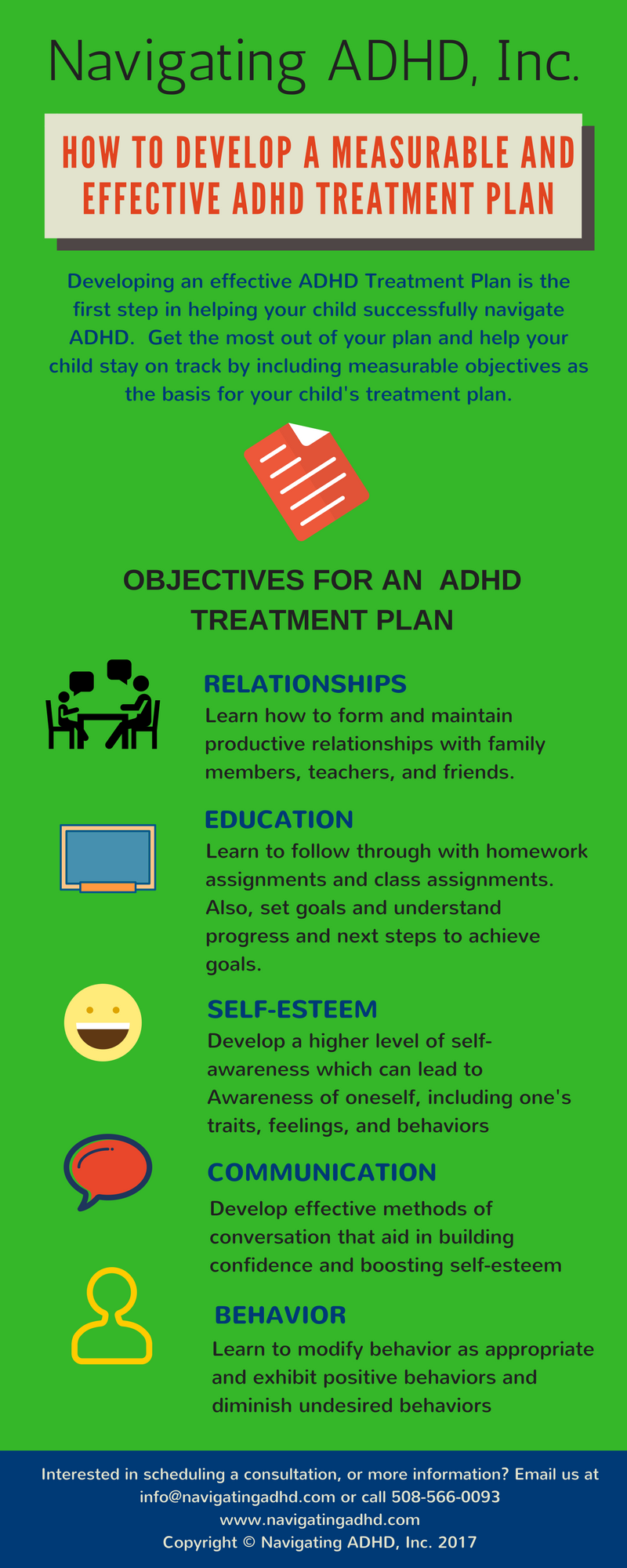Therapist for ADHD Offering Targeted Care Plans
Therapist for ADHD Offering Targeted Care Plans
Blog Article
Checking Out Efficient ADHD Therapy Alternatives for All Ages
The complexities of Attention deficit disorder (ADHD) present distinct challenges throughout various age, demanding a comprehensive exploration of effective therapy options. A combination of behavior modifications, medicinal interventions, and lifestyle adjustments has actually revealed promise in dealing with the diverse demands of people with ADHD. The effectiveness of these strategies can differ substantially based on personal situations, raising essential inquiries about customized approaches. As we take a look at the spectrum of therapy modalities readily available, it becomes necessary to take into consideration not just their prompt effects yet likewise their long-lasting effects for people and families.
Comprehending ADHD and Its Impact
Attention-Deficit/Hyperactivity Problem (ADHD) is a neurodevelopmental problem defined by persistent patterns of negligence, hyperactivity, and impulsivity that can considerably influence various elements of an individual's life. It normally materializes in youth, although signs and symptoms can continue right into adulthood. The core symptoms of ADHD can interfere with academic performance, impede social interactions, and make complex occupational undertakings.
Individuals with ADHD frequently struggle with keeping focus on jobs, arranging tasks, and complying with through on guidelines, which can result in academic underachievement (Depression Treatment). In social contexts, impulsivity may lead to difficulties in forming and sustaining relationships, as individuals may disrupt discussions or make rash choices without taking into consideration consequences
The irregularity in sign presentation suggests that ADHD can affect people in a different way, necessitating an individualized technique to administration. Comprehensive understanding of ADHD's nature and effects lays the foundation for exploring appropriate treatment choices tailored to each person's needs.
Behavioral Therapies for ADHD
Many behavior treatments have been developed to successfully deal with the obstacles associated with ADHD, concentrating on modifying details actions and fostering crucial abilities. Among one of the most identified strategies are cognitive-behavioral treatment (CBT), moms and dad training, and social skills training.
CBT assists individuals identify and alter adverse idea patterns and behaviors, advertising an extra positive expectation and boosted self-regulation. This therapy often consists of sensible techniques for managing impulsivity and boosting company. Parent training programs equip caretakers by furnishing them with methods to reinforce positive habits and established constant borders, which can be especially beneficial for children with ADHD.
Social skills training is an additional important part, teaching people with ADHD how to communicate efficiently with peers - Depression Treatment. This method commonly entails role-playing and responses to boost communication, collaboration, and dispute resolution abilities
Incorporating these behavior treatments into a detailed treatment plan can significantly improve working and lifestyle for people with ADHD. Ultimately, the efficiency of these therapies depends upon customized approaches that take into consideration the distinct needs of everyone, therefore cultivating resilience and adaptability in day-to-day live.
Drug Options Available
For many people with ADHD, medication can play a significant role in taking care of symptoms and improving general functioning. Both primary groups of drugs prescribed for ADHD are stimulants and non-stimulants.
Stimulants, such as methylphenidate and amphetamine-based medications, are one of the most frequently used treatments. These mdd disorder medicines function by boosting the levels of neurotransmitters, specifically dopamine and norepinephrine, in the brain, which helps enhance interest and minimize impulsivity and hyperactivity. They often yield rapid outcomes, making them a recommended option for lots of clients.

It is important for doctor to conduct an seeing a psychiatrist for anxiety and depression extensive evaluation to figure out the most ideal medication based upon private demands, case history, and possible adverse effects. Regular follow-up and tracking are additionally essential to ensure the efficiency of the picked therapy and to make any kind of needed adjustments.
Lifestyle Adjustments to Take Into Consideration
Managing ADHD successfully extends past medication, as way of living modifications can considerably improve overall well-being and signs and symptom control. Including structured regimens is important; regular timetables assist individuals with ADHD handle their time effectively and reduce sensations of bewilder.
Regular exercise is one more vital component. Workout not just aids to boost concentration however additionally boosts mood and decreases tension levels. Tasks such as yoga or team sports can be especially valuable, advertising both physical conditioning and social communication.
Nutrition also plays a critical function. Depression Treatment. A balanced diet rich in omega-3 fats, entire grains, and lean proteins can add to boosted focus and cognitive feature. Restricting sugar and refined foods is recommended, as these can exacerbate hyperactivity and impulsivity
Rest hygiene is crucial for handling ADHD signs. Developing a routine sleep schedule and producing a restful environment can enhance rest quality, resulting in far better attention and psychological guideline.
Alternative and All Natural Approaches
Different and all natural strategies to ADHD therapy supply a diverse variety of choices that match standard approaches. These techniques often concentrate on lifestyle modifications, nutritional interventions, and restorative methods that aim to enhance general health while dealing with ADHD signs.

Mindfulness and behavior modifications are also acquiring traction as holistic interventions. Practices such as yoga exercise, meditation, and cognitive-behavioral treatment can grow self-regulation and boost attention. These approaches sustain psychological resilience, which is especially useful for people with ADHD.
Organic supplements, such as ginkgo biloba and ginseng, are in some cases explored; however, it is crucial to speak with medical care professionals before including these right into therapy plans. While alternative and holistic strategies can provide important assistance, they must ideally be made use of together with evidence-based treatments to achieve ideal outcomes for managing ADHD across every ages.
Final Thought
In recap, effective ADHD therapy demands a thorough technique this hyperlink that consists of behavioral treatments, medication, lifestyle adjustments, and holistic techniques. This diverse approach underscores the value of individualized treatment in addressing the diverse demands of people with ADHD across all age groups.
Report this page